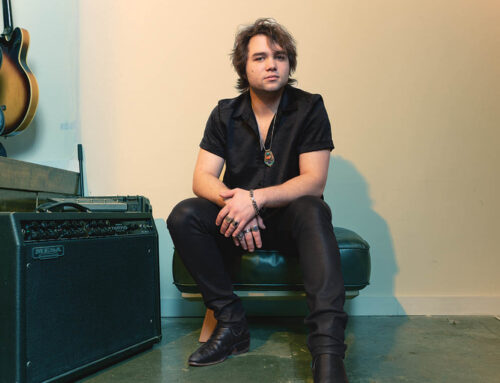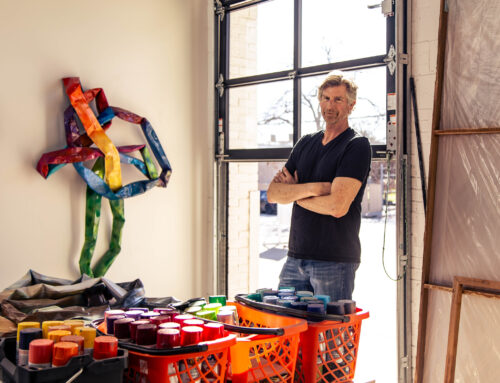TIRED OF CLEARING security at the airport and having your suitcase thrown open like a magician’s trunk, revealing your week’s worth of dirty laundry or the color of your pajamas to total strangers?
Ever had your grandmother cool her heels while her shoes, artificial hip or knee received extra scrutiny at the airport security checkpoint?
While all of America is willing to do what it takes to protect the flying public from another terrorist plot, those airline passengers who know they aren’t a threat to national security would like the process to be less arduous and less time consuming.
In March, the prayers of the flying public appeared to be answered when the United States Transportation Security Administration (TSA) announced a Registered Traveler program, which would provide swifter access to airports to registered passengers, who would not have to undergo additional screening after clearing the initial security checkpoint.
Dallas’ Love Field was one of five airports named for the 90-day trial program tentatively scheduled for June 1, because of its relatively small size combined with large numbers of frequent travelers.
But according to Mike Restovich, Federal Security Director at Dallas Love Field, it was only suggested for the trial period, not a confirmed selectee. As of this writing, the airport has not been notified of its future participation in the program.
Restovich, however, says the Love Field is willing and has agreed to participate in the program if asked. We can only hope that the program gets off the ground and Love Field makes the final cut in time for the summer vacation rush.
Critics of the program argue that registering airline passengers is an invasion of privacy, yet the program is voluntary.
Restovich says the Registered Traveler program only verifies that the member is not on a terrorist watch list. Registered travelers will not be subject to criminal background searches, and their neighbors and employers will not be contacted.
Unlike another government plan, Computer Assisted Passenger Prescreening System 2 (CAPPS 2), a system that designates which passengers should receive and extra layer of security screening when checking in at the airport, the Registered Traveler program alerts security personnel that a participant does not need to be hand searched, something I’m all for.
Yes, the program will create a massive database of participants. And yes, that database will have private information in it. But what’s the difference in this database and the one the national video rental store keeps on its customers and their weekly rental and payment habits, or the one the doctor’s office maintains, with not only your social security number but your driver’s license number?
We have little to no privacy in today’s information age, and most of that loss if voluntary on our parts. So why would anyone object to registering with the government to make passage through the airport terminal less of a hassle?
I’d much rather my privacy be invaded in this manner than from the spam I receive on a daily basis, or the direct mail that fills my mailbox from retailers.
Unlike CAPPS 2, which will create a database of all airline travelers and will decide whom in that database requires extra scrutiny, the Registered Traveler program is voluntary, like the paperwork you complete when you want to rent a car. And if you’re worried about your privacy, you can abstain from the program.
Shortly after September 11, Bob Crandall, former CEO of American Airlines, spoke at the SMU law school on the state of the airline industry, outlining the need for programs such as the Registered Traveler program.
When asked about privacy issues, his response was, “If you have privacy issues, you have to drive.” I couldn’t agree more.
Non-registered travelers – prepare to start your engines.






